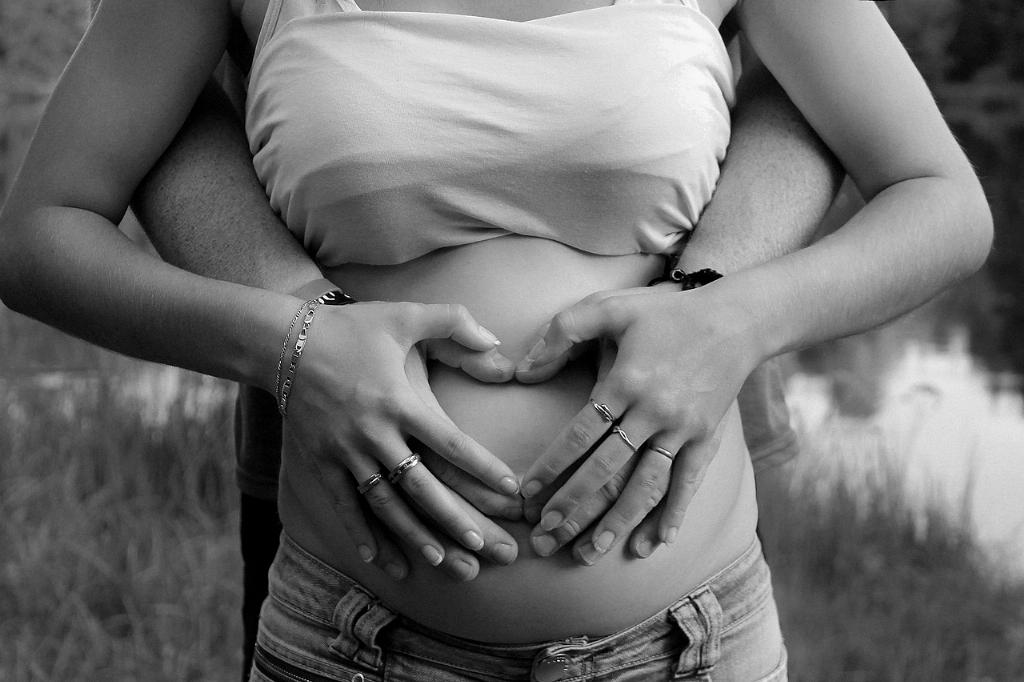When it comes to the impact of cannabis on pregnancy, it’s crucial to delve into the available research and evidence to make informed decisions regarding maternal health and the well-being of the fetus.
Potential Impact on Birth Weight and Premature Birth
Studies have presented mixed findings on whether marijuana use during pregnancy is linked to low birth weight and premature birth. While some research suggests a potential association, it’s important to note that long-term use of cannabis may heighten these risks, emphasizing the need for caution.
The Concerns Surrounding Stillbirth Risk
One alarming discovery from research is the elevated risk of stillbirth among pregnant women who use marijuana. With a reported 2.3 times greater risk, this finding underscores the potential serious consequences of cannabis consumption during pregnancy.
Effects on Fetal Development
The impact of cannabis on fetal development is a critical aspect to consider. Studies have suggested that exposure to marijuana during pregnancy can affect the brain development of the fetus, highlighting the importance of avoiding substances that could hinder healthy growth.
Neurological and Behavioral Outcomes
Research has indicated potential effects on the neurological and behavioral outcomes of children exposed to cannabis in utero. Concerns about cognitive development and behavioral issues serve as significant reasons to prioritize maternal abstinence from marijuana during pregnancy.
Risk of Long-Term Cognitive Deficits
Long-term implications of prenatal cannabis exposure are also a focal point of concern. Data suggesting an increased risk of cognitive deficits in children whose mothers used marijuana during pregnancy underscore the need for heightened awareness of the potential consequences.
Maternal Health Considerations
It is essential to recognize the impact of maternal health on fetal well-being. Cannabis use during pregnancy can pose risks not only to the fetus but also to the mother’s health, emphasizing the importance of comprehensive prenatal care and a substance-free lifestyle.
Legal and Ethical Perspectives
From a legal and ethical standpoint, the use of cannabis during pregnancy has raised debates and discussions on maternal responsibility and fetal rights. Exploring these complex issues can provide insight into the broader societal implications of substance use during gestation.
Supportive Interventions for Pregnant Women
Addressing the needs of pregnant women struggling with substance use is a crucial component of promoting maternal and fetal health. Providing access to supportive interventions and resources can offer pathways to healthier pregnancies and positive outcomes for both mother and child.
Education and Awareness Campaigns
Educational initiatives aimed at raising awareness about the risks of cannabis use during pregnancy play a vital role in promoting informed decision-making among expectant mothers. By empowering women with knowledge, we can work towards safeguarding the health of future generations.
Collaborative Efforts in Healthcare
A collaborative approach within the healthcare sector is essential in addressing the complexities of substance use during pregnancy. By fostering partnerships between healthcare providers, policymakers, and community organizations, we can enhance support systems for pregnant women navigating these challenges.
Conclusion: Prioritizing Maternal and Fetal Health
In conclusion, the question of whether cannabis is risky during pregnancy extends beyond individual choice to encompass broader considerations of public health and well-being. By prioritizing maternal and fetal health, we can work towards creating a supportive environment that nurtures healthy pregnancies and fosters positive outcomes for generations to come.

